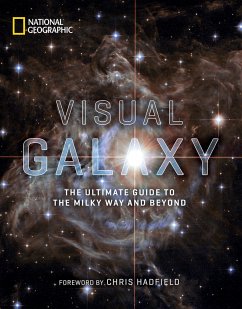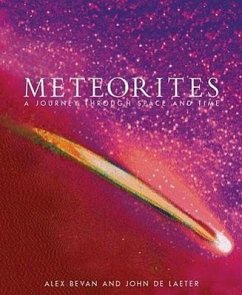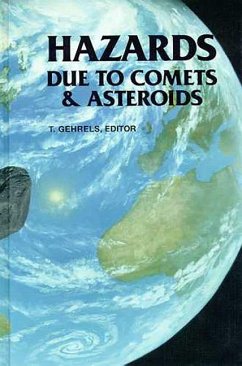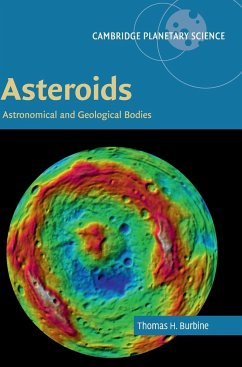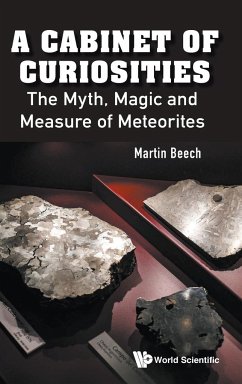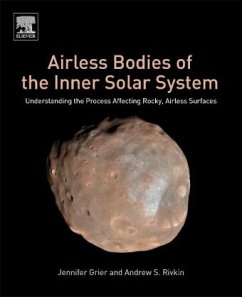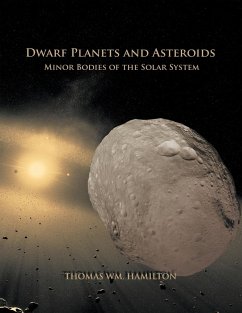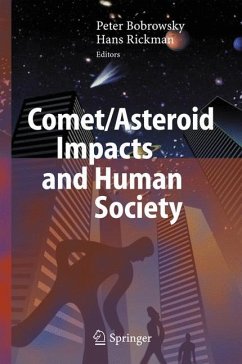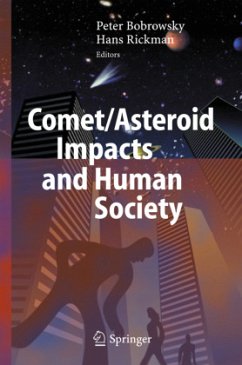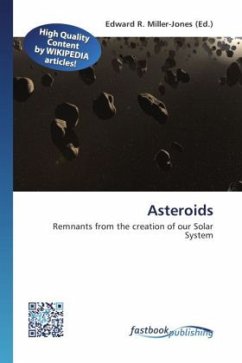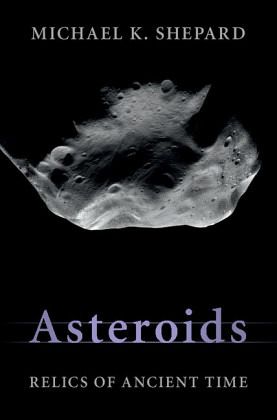
Asteroids
Relics of Ancient Time
Versandkostenfrei!
Versandfertig in über 4 Wochen
38,99 €
inkl. MwSt.
Weitere Ausgaben:

PAYBACK Punkte
19 °P sammeln!
Where do asteroids come from and what are they made of? What clues do they hold about the evolution of the Solar System? Scientists have catalogued hundreds of thousands of asteroids, and many are thought to contain water and amino acids, the building blocks of life. Michael K. Shepard tells the fascinating story of their discovery, and what they can tell us about the history of our own planet. He describes how we find and study asteroids, what they look like through the eyes of powerful telescopes and spacecraft, and plans for future sample return missions. This timely book interweaves access...
Where do asteroids come from and what are they made of? What clues do they hold about the evolution of the Solar System? Scientists have catalogued hundreds of thousands of asteroids, and many are thought to contain water and amino acids, the building blocks of life. Michael K. Shepard tells the fascinating story of their discovery, and what they can tell us about the history of our own planet. He describes how we find and study asteroids, what they look like through the eyes of powerful telescopes and spacecraft, and plans for future sample return missions. This timely book interweaves accessible scientific explanations with historical background and personal narrative, providing an engaging read for anyone curious about asteroids and what they may mean for our future - both as threats and opportunities.




